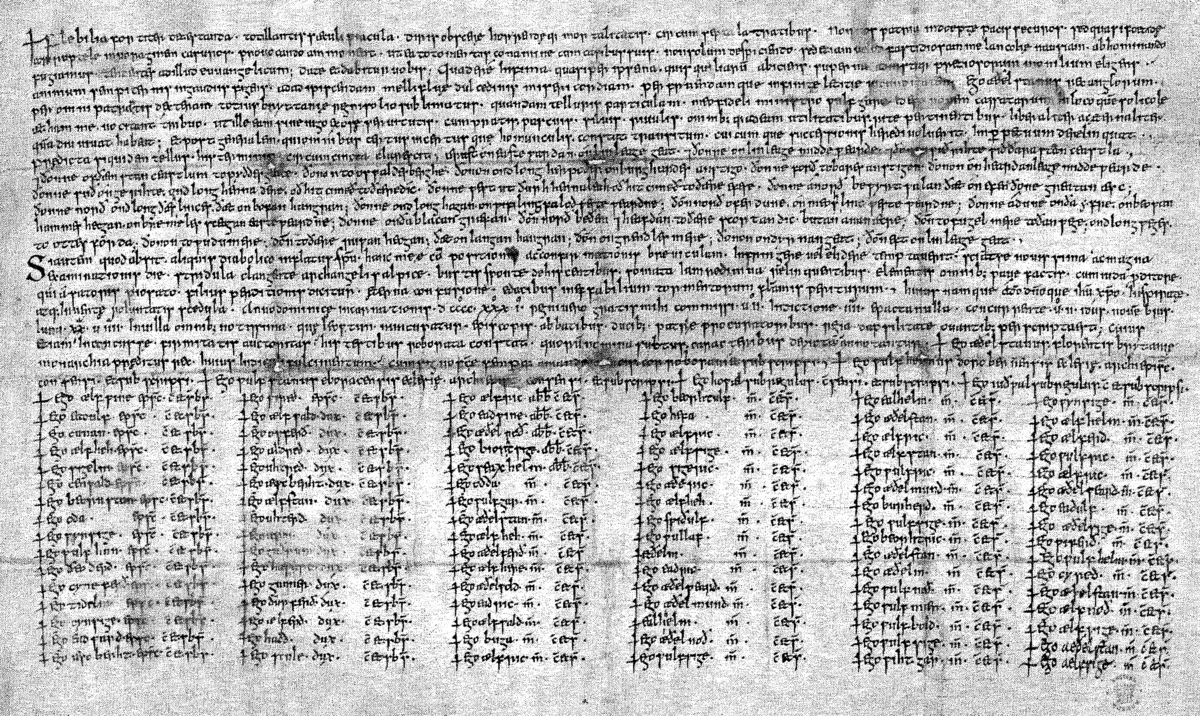Say the Battle of Hastings is a Saxon victory or the Normans just never invade England. Would a continued Anglo-Saxon England be able to successfully take over and keep Scotland during the Middle Ages?
A continued Saxon England would lack the continental commitments of Normans but at the same time wouldn't have access to the wealthier French holdings. Without the Normans, I don't see anything like the Auld Alliance occurring given the lack of conflicts between the Saxons and French. I imagine Scotland would have just as many links with a Saxon England as they did with the Normans.
First England had many ties to the Continent, it might not have had the same direct holdings but they were intertwined and this was growing. Flanders and England long had a relationship, even Normans were in England before William decided to engage on his bloody genocidal conquest.
Now I am not sure on the wealth matter. Yes the french lands are more prosperous than the English ones, but on the other hand I am not sure how much the norman lords actually invested back into their holdings in England over just using it as a piggy bank to invest in their french holdings. Where as the Anglo-Saxons would be investing in England. There is also the fact that without the Norman Conquest, the country of England wouldn't have been utterly devestated. This especially true for Northern England which William basically genocided during his harrying of the north.
Then there is the fact that England and Scotland had ties before the Normans showed up. The kings of Scotland had been allying and marrying into the families of England for sometime. Saint Margaret of Scotland, aka Margret of Wessex, was the daughter of Edward the Exile(father of Edgar the Aetheling) and married to Malcom Canmore of Scotland. Moreover the Northern Lords of England, ie the Eorls of Northumbria were involved in the politics of Scotland. For example Siward of Northumbria would be involved in the essentially civil war between Malcom and Macbeth, Siward sided with Malcom.
Of course none of this actually answers the question. Would England be able to conquer scotland? Probably is my best guess. but we also must ask why is such a war being fought in the first place. Especially in this era, the personal relationships matter a lot, and their own particular ambitions and natures can throw off what the ruling king wishes.

